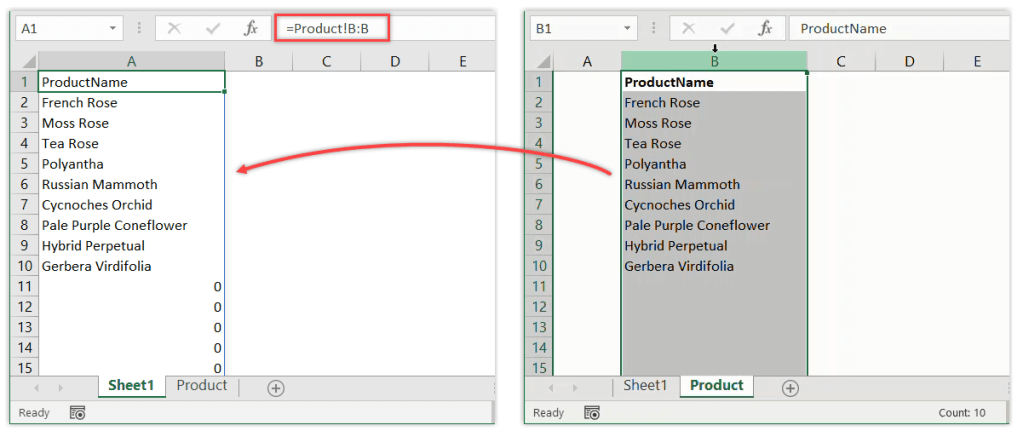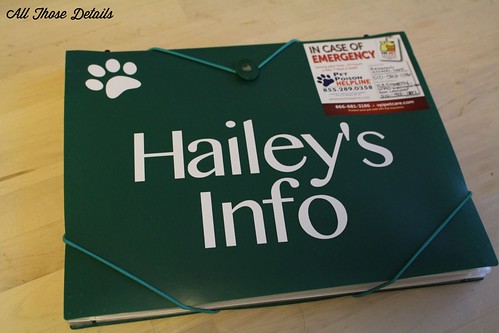5 Ways to Link Excel Graphs Across Sheets

Linking Excel graphs across different sheets can significantly enhance the readability and functionality of complex spreadsheets, making data analysis not only more intuitive but also more powerful. Whether you're managing a project, analyzing financial reports, or presenting research findings, linking graphs allows for seamless updates and synchronization across your workbook. Here are five effective ways to link Excel graphs across sheets:
1. Using Name Manager for Cell References

Excel’s Name Manager is a powerful tool that lets you manage named ranges, which can be crucial when linking graphs. Here’s how to use it:
- Open the Name Manager from the Formulas tab.
- Create a new named range or use an existing one that contains the data you want to graph.
- When setting up your graph, select the named range instead of individual cells, ensuring that any updates to the data source are reflected in the graph automatically.
👉 Note: Named ranges provide a clean and manageable way to keep track of dynamic data sources, making your graphs more flexible and easier to update.
2. External Data Linking

Sometimes, your graph data might reside in another workbook or external database:
- Go to Data > Get External Data and choose your source (Excel file, database, web, etc.).
- Once the data is linked, you can create a graph based on this external data link.
- Any updates in the external source will reflect in your graphs, provided the link stays intact.
👉 Note: Be cautious with external data sources as changes in data location or format might break the link.
3. Dynamic Links with OFFSET and INDIRECT Functions

For graphs that need to dynamically adjust based on external criteria, OFFSET and INDIRECT can be particularly useful:
- OFFSET function shifts the reference point for a range of cells.
- INDIRECT creates references from text strings, allowing for more dynamic link setup.
Here’s an example of how to use INDIRECT:
=INDIRECT(A1 & “!B1:B10”)
where A1 contains the name of the sheet, and B1:B10 is the range in that sheet. This setup allows you to change which sheet’s data is graphed by changing the sheet name in A1.
👉 Note: Using these functions can be powerful but might also complicate your spreadsheet. Ensure you have a good understanding of how they work.
4. 3D References for Multi-Sheet Data

When your data spans across several sheets, 3D references can link them together:
- Start with Sheet1:Sheet4!B1 to create a range that covers cells B1 in sheets 1 through 4.
- Graph this 3D reference to get a comprehensive view of data across these sheets.
Here’s a sample setup:
| Sheet Name | Cell |
|---|---|
| Sheet1 | B1 |
| Sheet2 | B1 |
| Sheet3 | B1 |
| Sheet4 | B1 |

The range would look like: =Sheet1:Sheet4!B1
5. Advanced Charting with VLOOKUP or INDEX/MATCH

For complex data analysis, you might need to graph data that requires calculation or retrieval from multiple sheets:
- Use VLOOKUP or INDEX/MATCH functions to pull data from various sheets into a summary sheet, which then can be graphed.
- For instance, you can create a summary table:
| Data Type | Function | Formula Example |
|---|---|---|
| Quarterly Sales | VLOOKUP | =VLOOKUP(A2,Sheet1!A:B,2,FALSE) |
| Product Revenue | INDEX/MATCH | =INDEX(Sheet2!C:C,MATCH(A2,Sheet2!B:B,0)) |
Once the data is consolidated, chart it using standard chart tools. This method ensures your graph reflects real-time changes in various sheets.
The methods described above offer dynamic solutions to link Excel graphs across sheets, enabling users to maintain up-to-date visuals without manually updating each graph. Understanding how to properly link your data ensures that your workbooks remain both accurate and user-friendly. Each technique serves different needs, from simple data references to complex data consolidation, allowing you to choose the most suitable method based on your specific data environment.
With these techniques, your Excel work becomes more efficient, organized, and adaptable to changes in data sources, thereby reducing the risk of human error and enhancing the overall integrity of your data analysis and presentation.
What happens if the source data for my linked graph changes?

+
If the source data changes, the linked graph will automatically update to reflect those changes, provided the link is still valid. However, if the data structure or location changes, you might need to adjust the link.
Can I link multiple graphs from different sheets to one graph?

+
Yes, by using functions like VLOOKUP or INDEX/MATCH to consolidate data into a summary sheet, you can then graph this combined data into a single comprehensive chart.
How do I prevent my graph from updating if I don’t want it to?

+
You can break the link by copying and pasting the graph as a static image or by setting up a backup with old data to switch to if needed. Alternatively, use manual update options if available in your Excel version.
Are there any limitations to using 3D references for charts?

+
3D references work well for data in adjacent sheets but can be tricky if sheets are added, deleted, or if the data structure changes significantly, potentially breaking your chart’s functionality.



